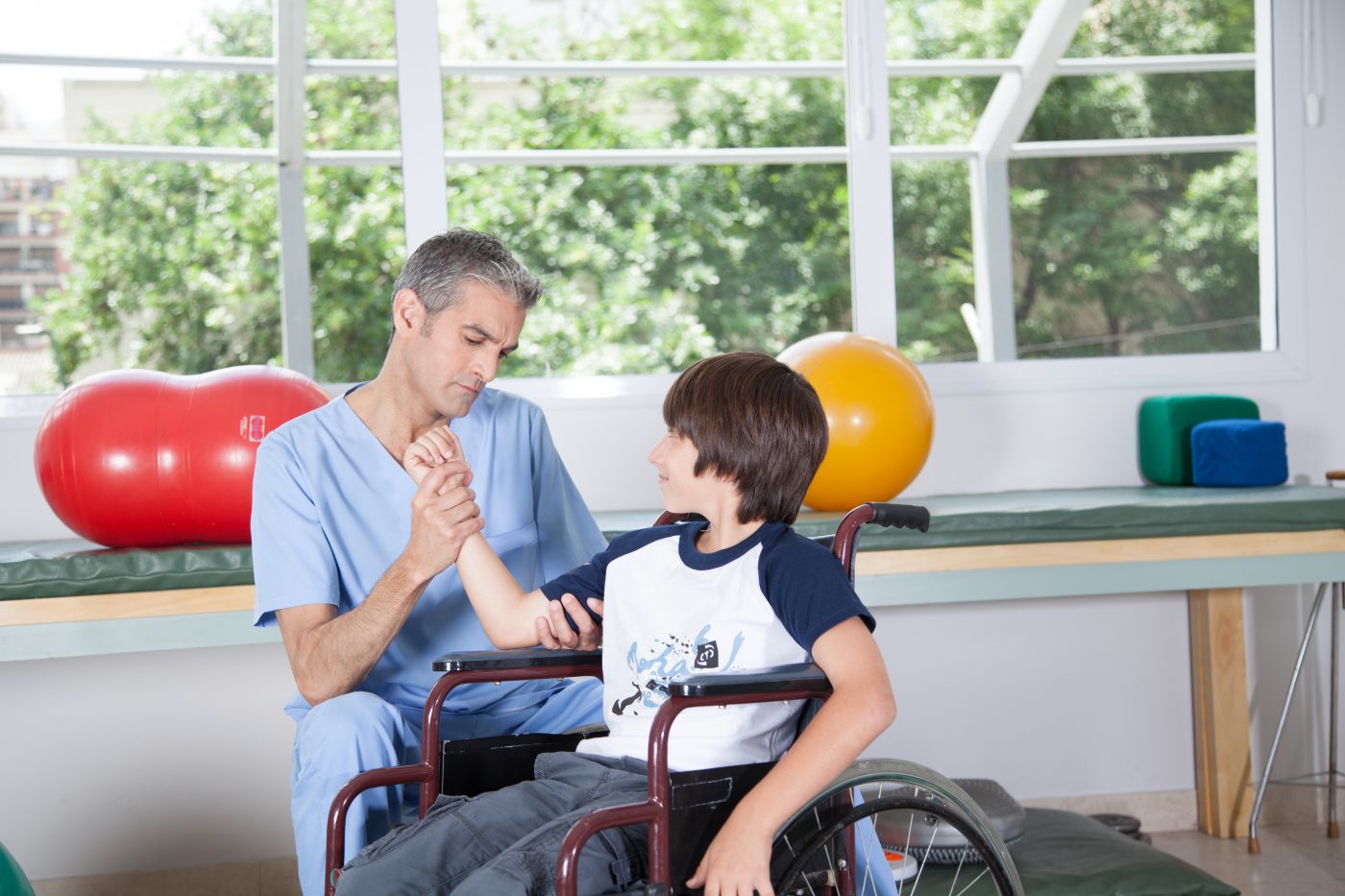In-depth Interviews Reveal Difficulties of Growing Up with Duchenne

Through in-depth interviews, adult patients with Duchenne muscular dystrophy (DMD) reveal their experiences and difficulties from the point of diagnosis, through disease progression, and how their attitudes changed over time. Transitioning to a wheelchair or a respirator were identified as triggers of anxiety and worry, and Duchenne patients at this stage may require special attention.
The researchers hoped to shed light on the patient’s perspective and identify ways to provide better support for families and caregivers in a study titled, “The experiences of patients with Duchenne muscular dystrophy in facing and learning about their clinical conditions.” It was published in International Journal of Qualitative Studies on Health and Well-Being.
Seven patients were asked questions about the their thoughts and reactions, from diagnosis and through different progressive stages of Duchenne MD, such as transitioning from walking to the use of a wheelchair. The average age of the participants was 34.7, ranging from 20 to 48 years old, and interviews lasted from 40 to 70 minutes.
The researchers divided their conclusions into four main themes that emerged from patients’ recollections:
- experiences before receiving the diagnosis;
- experiences when they learned of their condition and progression of the disease;
- supports;
- desired explanations regarding their condition.
In each of the cases, the patients reported that even before diagnosis, they knew that their bodies were different and that they weren’t able to participate in activities the same way or level as other children their age. However, they didn’t experience any particular sort of worry at that point.
Prior to diagnosis, one patient said that “running became harder,” and another recalled leaving school a lot for doctor’s visits and thinking it was “exhausting to go to the hospital.”
In general, learning of the diagnosis did not seem to make a big impact, as the patients already understood they had a “condition” due to declining muscle strength and repeated clinic visits.
The anxiety seemed to really set in when transitioning to a wheelchair and when adding the use of a respirator.
One patient recalled that around the time that walking became a challenge, he often stayed home from school, becoming gradually dependent on his wheelchair. “I became self-conscious and worried about how others looked at me,” he said. “Most likely, they didn’t care, but I thought they were looking at me.”
Another patient spoke about the impact of adding a respirator to his care. “I started to worry about how much more my functions would become restricted. No, it felt more like panic.”
In the interviews, patients said they didn’t express concerns or fears with family members, mainly because “they didn’t want to worry their parents,” or there was “no point in thinking about it.” However, several stated that seeing other children with DMD was an important part of their experience.
When beginning to use a respirator, one patient said, “I was a bit shocked as I had no idea that we had to put such a machine [the respirator] on.”
After being hospitalized, he said “there were other people with muscular dystrophy and some were using respirators, so when I saw that, over time, well, I kind of accepted it [as normal].”
In response to questions about what they would have liked as an explanation of the disease, several responded that they would have liked to know beforehand about the progressions that were to come, because those were the most shocking points in their lives.
The DMD diagnosis is often only given to the parents and many find it difficult to directly discuss the disease with their children, leaving the young patients with little information about their condition.
As one of the patients put it, children should know the limitations, but “there are plenty of people out there that don’t give up and have fun despite their disease.”
Another advised, “Find what things you like to do, follow your interest, and lose yourself in it. Enjoy life. This is how you should live.”
Despite some limitations, the researchers believe this study “clarified the experiences of adult patients with DMD regarding how they came to know about their disease by examining their recollections. Most patients shared how transitioning to the use of a wheelchair or respirator triggered anxiety and worry. Furthermore, the support of significant others in their lives helped the patients adjust to their changing reality.”






